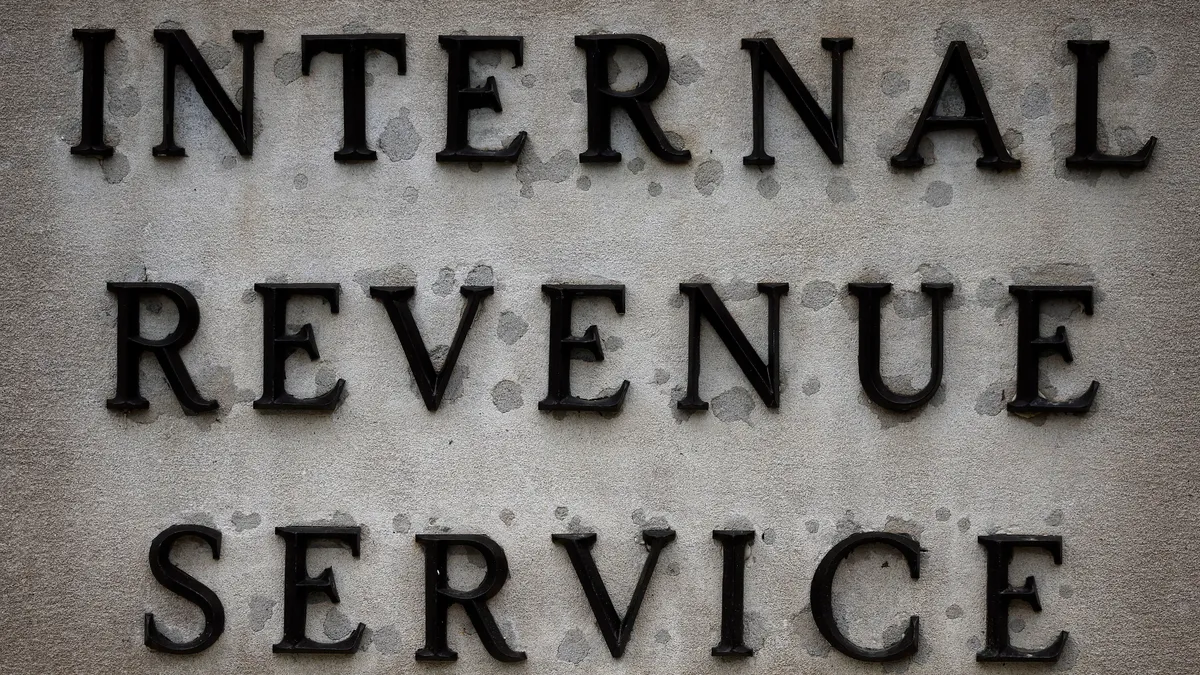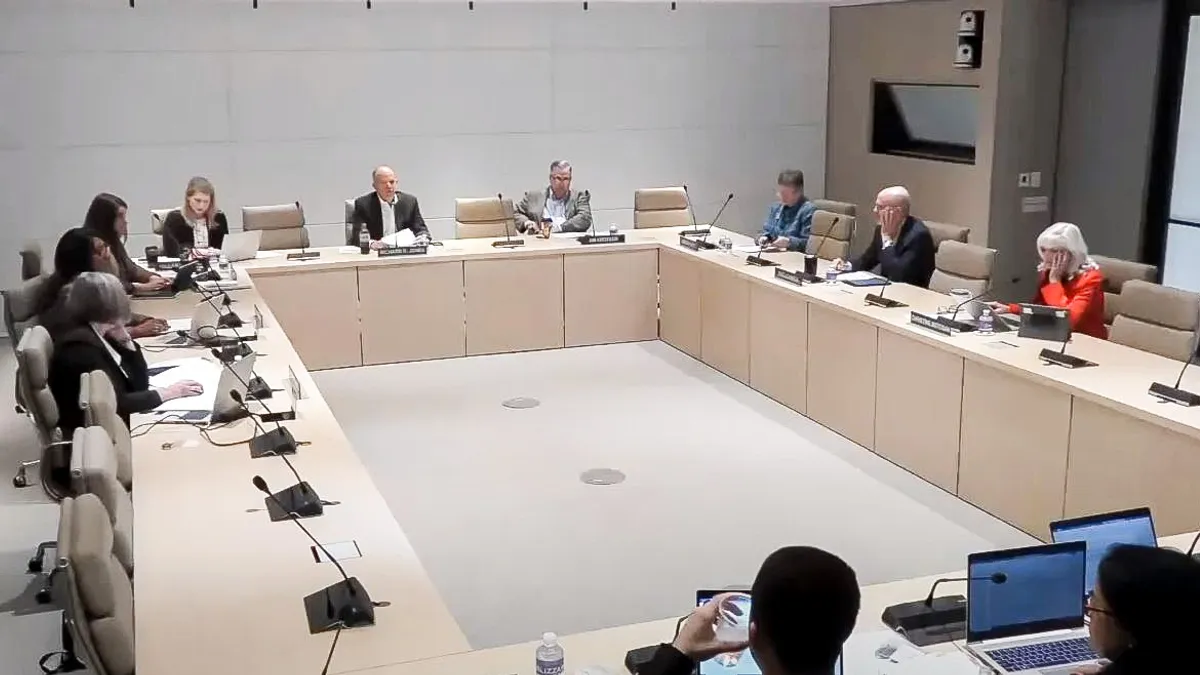CFOs whose companies do business across state lines will face a big hurdle once the pandemic recedes: figuring out how much in sales tax to collect and remit for each state in which you do business.
That calculation has gotten considerably more complicated since the Supreme Court's South Dakota vs. Wayfair decision in 2018, which has led to a flurry of changes in state law on what constitutes nexus for tax collection purposes.
How much tax you must collect takes on additional importance because the pandemic is driving big jumps in companies' online sales revenue, which means tax collection and remittance liability will jump as well.
Even though many states are deferring their sales tax collection requirements to help companies get through the pandemic, companies still need to collect the taxes and be ready to remit them when the later due date comes.
"Typically, states are offering 30 to 90 days of deferrals, along with other short-term incentives, but those will run their course eventually," George Famalett, a tax partner at PricewaterhouseCoopers, said in a CFO.com webinar.
When those deferrals do run their course, states will be hungry for tax collections, because many will be running deficits caused by the deferrals and will need that revenue to close their budget gaps.
"Many states will go from surplus to deficit," he said. "There will be levers they'll pull," including new laws to increase tax revenue and ramp up enforcement.
Economic nexus
The landmark Wayfair case has complicated tax collection for companies because it gave states a roadmap for applying economic nexus as the basis for collecting sales tax.
Decades ago, sales tax nexus was based on companies having a physical presence in the states in which their sales were made or having an office or a warehouse located there. Physical presence could also mean having a certain threshold of sales people spent their time in the state.
In the past, economic nexus might have meant catalog sales, but today it mainly means online sales, which have been exploding as a share of commerce, particularly now that the pandemic is keeping people and business operations at home.
If your company sells products or services online, even if your tax collection obligations are deferred, stay on top of how each state applies the concepts of physical presence and economic nexus, tax specialists said. The two sit side by side, and for some companies, both types of nexus apply.
Keeping track of each state is labor-intensive. In Mississippi, for example, economic nexus is triggered if you sell $250,000 or more in the prior 12 months; in North Carolina, it’s $100,000 or at least 200 transactions in the past calendar year. Forty-five states have some kind of sales tax you might have to collect for. That means 45 sets of rules.
There are other details to master. Does the threshold of, say, $250,000 apply to all receipts or just gross sales? Does the minimum number of transactions apply on a per-invoice basis or on a per line-item basis?
Although the deferral will help ease the compliance burden as your accounting team focuses on getting through the pandemic, if you don't track your online tax collection obligation for each state during this crisis period, you could get hit with penalties and interest for not making remittances once the deferrals end.
"It falls on each individual remote seller to stay on top of this across the country," said Tom Charron, TaxVerse marketing leader at PwC New Ventures. "Wherever you’re doing business, you need to be tracking whether you’re triggering any of these economic or physical tests."
If your company offers more of a platform for others that sell — think eBay or Amazon — you're what's known as a marketplace facilitator, and the rules are different.
"Particularly coming out of this pandemic, any business that is selling remotely or plans to sell more remotely, you're going to see that increase as a share of your business," Charron said. "People are working from home more often, ordering tangible goods to be shipped to their homes more often. That's why you have to pay attention to this."





















